
Raimunda
신장 이식을 기다리고 있는 젊은 피아니스트. 한 의사와 예상치 못한 교감을 나누며 음악적 꿈을 이룰 수 있는 용기를 얻게 된다.
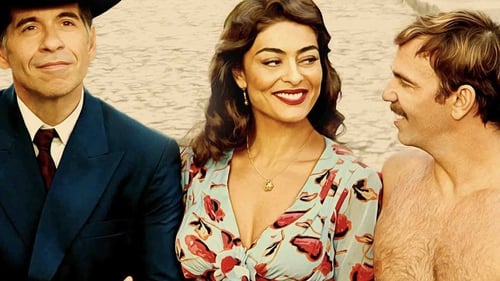
Célia
In a small city of Brazil, Flor (a very good looking woman) marries Vadinho, a very handsome and erotic man. Once married she finds he is a good-for-nothing. She works teaching cooking to her neighbours but he takes all her money to gamble. One day he dies. Flor misses the goods of the marriage so she marries again with a very correct gentleman – the owner of the drugstore (Teodoro). Now she’s very happy with her man, but misses the erotic moments with her previous husband. Then the ghost of Vadhino comes to earth to chase her.
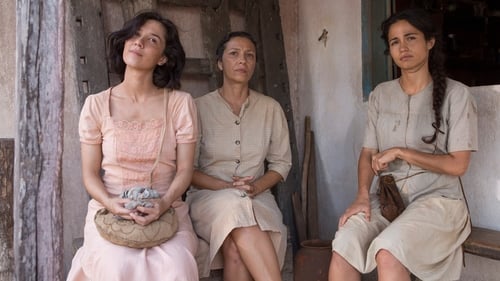
Dona Dulce
In the thirties, two sisters separated by fate face prejudice and sexism, one by the high society in a big city and the other by a group of renegades in the countryside. Despite the distance, they know that they can only count on each other and both of them will assert themselves in their own and surprising way.
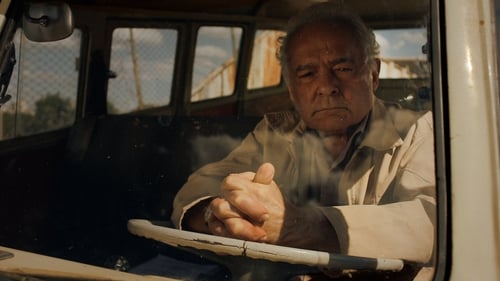
Fátima
When returning to his hometown with his ill mother, Marlombrando meets again his father and the Drive-in cinema where he spent his childhood. Almeida keeps the cinema functioning with the assistance of only two employees: Paula, who takes care of the projection and the snack bar; Jose, an old friend of Almeida, who helps selling tickets at the cashier and cleaning up the place. The arrival of Marlombrando and the demolition threatening of the Drive-in will bring new directions to their lives.

Professora Junia

Dedê
The memories of Guiga, from early childhood to young adulthood: his family, relatives, friends, fears, dreams and reality in a still provincial city of Salvador, Bahia, from the 50s to the 70s.

Mãe
Brazilian badlands, April 1910. Tonho is ordered by his father to avenge the death of his older brother. The young man knows that if he commits this crime, his life will be divided in two: the twenty years he has already lived and the few days he has left to live, before the other family avenges their son's death. He is torn between fulfilling his ancestral duty and rebelling against it, urged by his younger brother Pacu. That's when a tiny travelling circus passes through the vast badlands where Tonho's family lives.
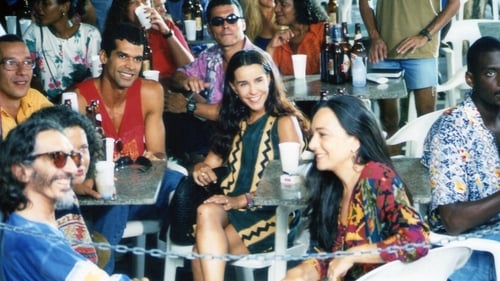
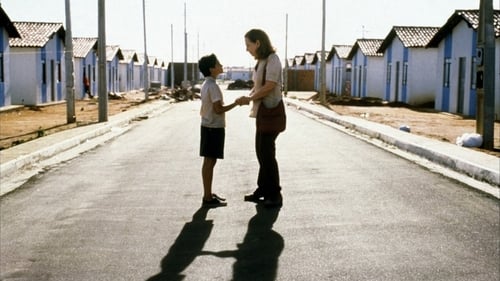
Jessé's Wife
글을 모르는 사람들을 대신해 편지를 써주는 것으로 생계를 이어가는 초로의 전직 여교사 도라는 어느 날 안나와 그 아들의 부탁을 받는다. 아버지에게 보낼 편지를 써달라는 부탁을 받고 도라가 잠시 역을 나선 순간 안나가 그만 차에 치여 사망한다. 도라는 갑자기 엄마를 잃은 아이를 어쩌지 못해 아이의 아버지를 찾기 위한 여행을 떠난다.
베를린영화제에서 최우수 작품상과 여우주연상을 받은 작품으로, 월터 살레스는 도라와 아이의 여정을 통해 브라질의 현실을 보여준다. 원주민들의 모습, 순례와 축제, 황량하고 마른 땅과 한없이 뻗은 신작로 등 브라질의 풍광을 배경으로 영화는 도라와 아이 사이에 싹트는 인간에 대한 사랑을 전달한다. 살레스는 반문맹인 여성 장기수와 저명한 조각가 사이에 오랜 세월 주고받은 편지를 기초로 만든 자신의 다큐멘터리 <또다른 어떤 곳의 삶>에서 <중앙역>의 아이디어를 떠올렸고 아이 역을 맡은 배우는 리우 공항에서 구두닦이를 하던 소년이었다.





